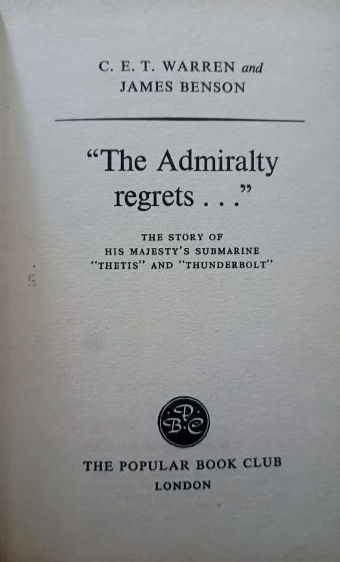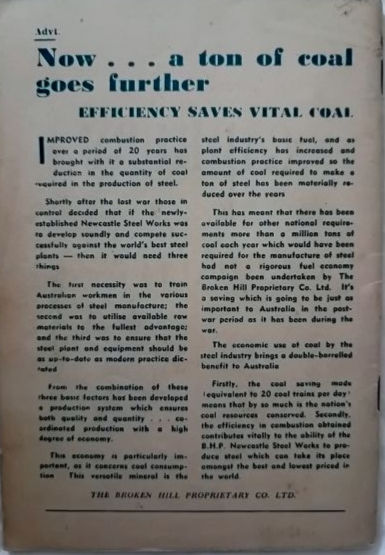The Philippic Orations Of M. Tullius Cicero With English Notes (1848) By Rev. John Richards King
Marcus Tullius Cicero[a] (/ˈsɪsəroʊ/ SISS-ə-roh; Latin: [ˈmaːrkʊs ˈtʊlli.ʊs ˈkɪkɛroː]; 3 January 106 BC – 7 December 43 BC) was a Roman statesman, lawyer, scholar, philosopher, writer and Academic skeptic, who tried to uphold optimate principles during the political crises that led to the establishment of the Roman Empire. His extensive writings include treatises on rhetoric, philosophy and politics. He is considered one of Rome's greatest orators and prose stylists and the innovator of what became known as "Ciceronian rhetoric." Cicero was educated in Rome and in Greece. He came from a wealthy municipal family of the Roman equestrian order, and served as consul in 63 BC.
His influence on the Latin language was immense. He wrote more than three-quarters of extant Latin literature that is known to have existed in his lifetime, and it has been said that subsequent prose was either a reaction against or a return to his style, not only in Latin but in European languages up to the 19th century. Cicero introduced into Latin the arguments of the chief schools of Hellenistic philosophy and created a Latin philosophical vocabulary with neologisms such as evidentia, humanitas, qualitas, quantitas, and essentia, distinguishing himself as a translator and philosopher.
The Philippics (Latin: Philippicae, singular Philippica) are a series of 14 speeches composed by Cicero in 44 and 43 BC, condemning Mark Antony. Cicero likened these speeches to those of Demosthenes against Philip II of Macedon; both Demosthenes’s and Cicero's speeches became known as Philippics. Cicero's Second Philippic is styled after Demosthenes' De Corona ('On the Crown').
The speeches were delivered in the aftermath of the assassination of Julius Caesar, during a power struggle between Caesar's supporters and his assassins. Although Cicero was not involved in the assassination, he agreed with it and felt that Antony should also have been eliminated. In the Philippics, Cicero attempted to rally the Senate against Antony, whom he denounced as a threat to the Roman Republic.
The Philippics convinced the Senate to declare Antony an enemy of the state and send an army against him. However, the commanders were killed in battle, so the Senate's army came under the control of Octavian. When Octavian, Antony and Marcus Lepidus formed the second triumvirate, Antony insisted that they proscribe Cicero in revenge for the Philippics. Cicero was hunted down and killed soon after.
Written in Latin with English Notes
- Hard Cover
- 363 Pages
- In Fair to Good Condition
































